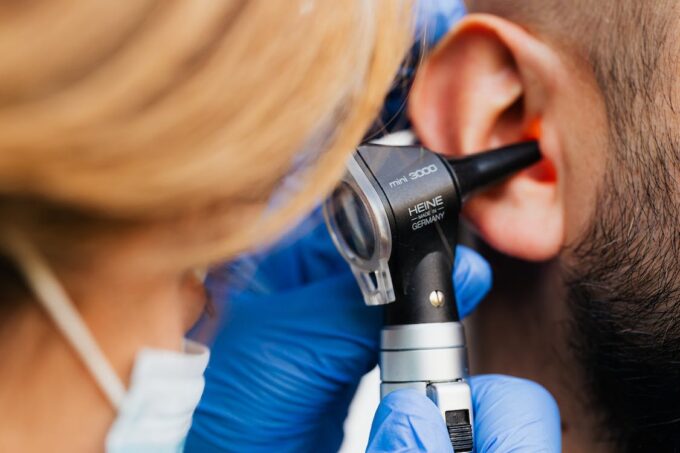Often caused by aging, by exposure to excessive levels of noise, as well as some hereditary factors, hearing loss is a very common condition that will become a reality for many of us, especially in our later years. When the hair cells in your ears start to become less effective, they don’t pick up sound as easily, meaning you don’t hear as much. It can be a lot to live with, there’s no denying that, but a lot of people follow the tips below to make sure they’re preserving their quality of life.

Don’t let it go untreated
A lot of people are able to live healthy, full lives with hearing loss. It’s often not the diagnosis that can be the most dangerous and damaging aspect, but rather what happens when it goes ignored or untreated. Get to know the signs of hearing loss and if any apply to you, make sure that you get it checked out with a hearing test. There are ways to help improve your quality of life but people who live with untreated heart loss can begin to experience all kinds of knock-on effects on their mental and physical health. They can become less confident about communicating with others, which can lead to isolation, which in turn leads to a bigger risk of depression and other mental health issues.
Get the right aid
If you are discovered to have hearing loss, then your hearing health professional is likely to recommend one treatment over others. In most cases, it’s the assistive hearing device, also known as the hearing aid, that’s going to play the biggest role in your life. You want to make sure that you choose the right one so it’s always a good idea to work with an audiologist to get an idea of what your needs are. These are based not only on the level of hearing loss that you experience, but also on factors such as what kind of environments you live, work, and spend time in. There are also features worth taking a closer look at, such as directional microphones, wind noise dampeners, and Bluetooth connectivity.
Acclimating to your new device
Life with a hearing aid can undoubtedly be quite a new and even disorienting experience. Most people who wear them for the first time find that they can’t tolerate them for more than perhaps an hour or two at a time. This is normal, however. Over time, you can get used to your device by wearing it a little more each day and in environments with slightly more noise, until you’re able to wear it every day in all kinds of environments, even crowded restaurants or workplaces. From there, it’s all about taking pains to protect your hearing from any further damage.
There’s nothing to stop you from living a full and happy life if you’re beginning to experience the signs of hearing loss. What’s most important is that you’re taking steps to treat it, rather than trying to sweep it under the rug.














